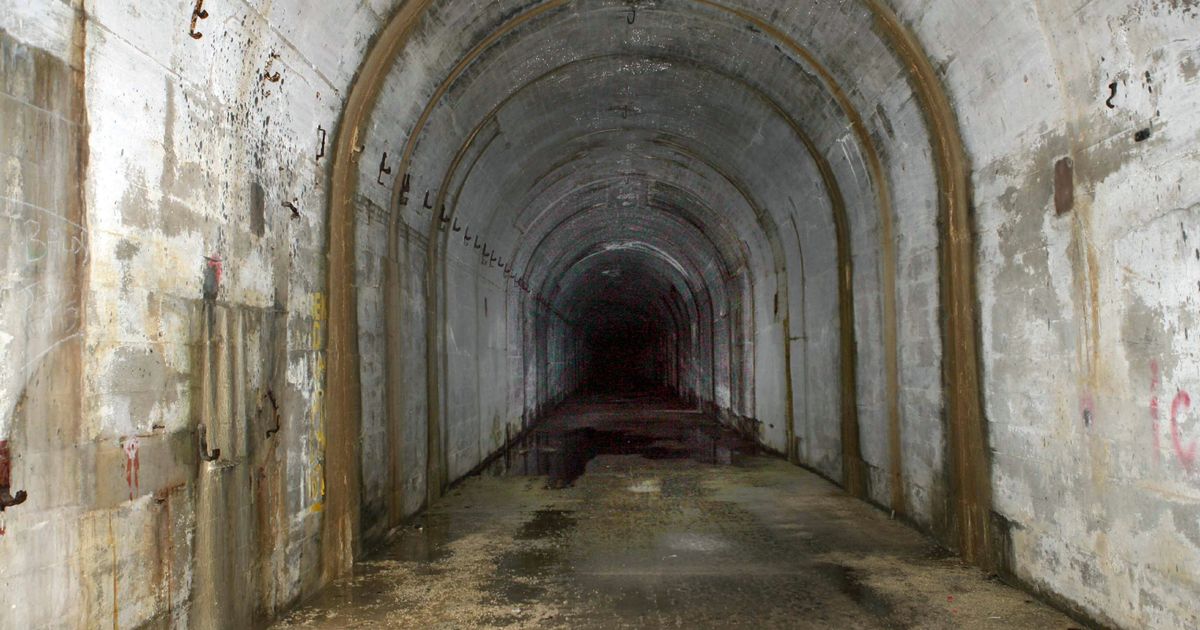Visit to Rhydymwyn Valley Works
Valley Works, in the countryside west of Mold in North Wales, was developed in the late 1930s as a shadow factory for ICI’s Randle Works in Runcorn, where mustard gas was made. The Valley was known by the local residents as a place that made nasty things – there were notices in Welsh and English about what to do in the event of a gas escape! So curiosity was suppressed. In 1941, the MAUD committee reported that an atom bomb was theoretically possible and it was decided to start work on the formidable task of separating uranium isotopes. Again, the site chosen was Rhydymwyn Valley, which had the added advantage of being topographically difficult to bomb accurately.
Perhaps not more than 1Kg of uranium hexafluoride reached Valley Works before the project relocated to Los Alamos in New Mexico. But much basic research on separation technologies was carried out here. ICI’s works in Widnes and Runcorn were involved in developing methods of producing and handling fluorine and hydrogen fluoride in bulk.
The primary objective of the Newcomen visit was to see the tunnels that were created to provide bomb-proof storage for mustard gas munitions. They were used for other purposes as well. There was time to learn about the role of the site in the development of nuclear engineering with a full technical briefing on the Grade II Listed, Building 45, its unique history and role in the Tube Alloys developments. Given the peculiar industrial uses of the site, it was surprisingly attractive and the focus at the Valley is now on nature conservation.
We thank our friends in the Rhydymwyn Valley History Society for allowing us to participate in one of their open days. It is possible that Newcomen North West may arrange a further visit, so putting your name down now might be a sound move! Should you be interested please contact: editor.links@newcomen.com
Permission for tunnel tours is reviewed regularly with DEFRA, the site landlord. See also the RVHS to organise an individual tour at: www.rhydymwynvalleyhistory.co.uk

